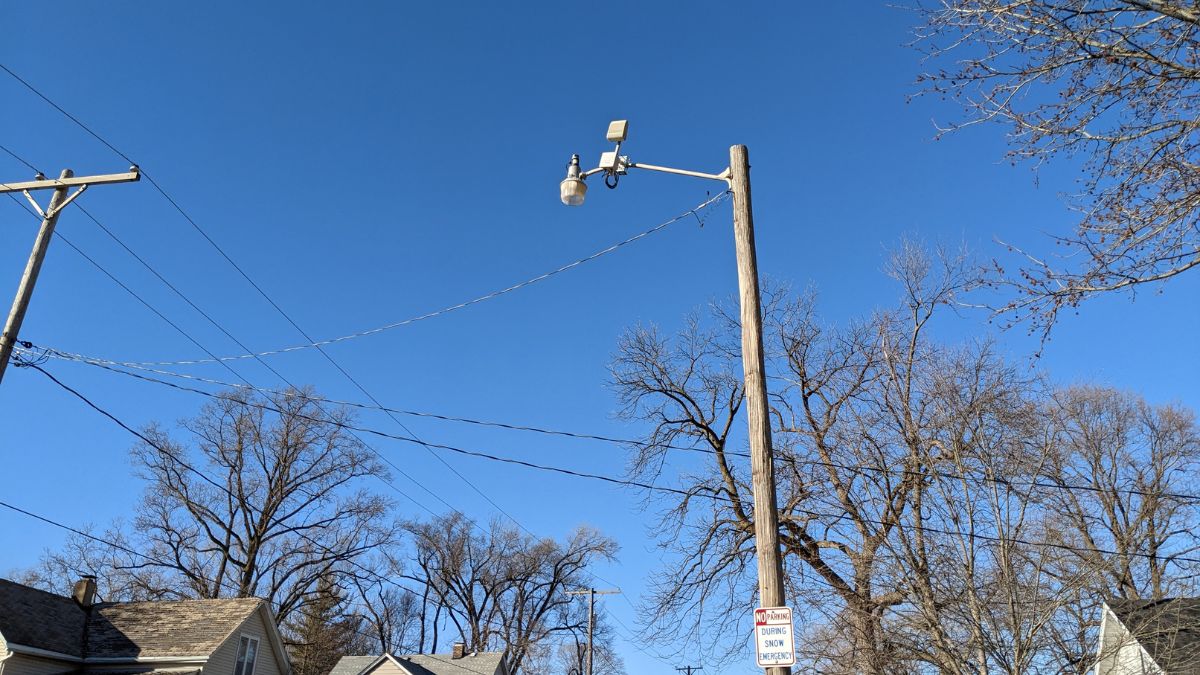The City of Chicago agreed with the company that owns ShotSpotter to continue using the gun detection system through late September.
The agreement also includes a transition period after the extension’s expiration.
“In an effort to avoid any disruption in the critical ShotSpotter service to the citizens of Chicago, SoundThinking and the City of Chicago have reached an agreement for a contract extension that allows ShotSpotter services to continue through September 22, 2024, with an additional 2-month transition period to follow,” said the company, which owns ShotSpotter. “SoundThinking will continue to provide the Chicago Police Department and the citizens of Chicago with the highest-quality gunshot detection services that the city has relied upon for the last seven years.”
The City of Chicago issued its own statement affirming its extension agreement with SoundThinking. However, the city also sheds light on how it plans to transition away from using the technology, which relies on acoustic sensors to detect, locate and notify law enforcement about gun incidents in communities.
“During the period until September 22, 2024, law enforcement and other community safety stakeholders will assess various tools, data and programs that build upon increased safety and trust, and issue recommendations to that effect. In advance of the September termination date, the Chicago Police Department will work to revamp operations within the Strategic Decision Support Centers, implement new training and further develop response models to gun violence that ultimately reduce shootings and increase accountability.”
The extension between the city and SoundThinking comes just as the contract between the two parties was set to expire on Friday. No information was released regarding the cost of the extension.
Friday’s announcement clarified the uncertainty over whether the city would cease using the technology immediately or be allowed a transition period to find a suitable alternative.
On Tuesday, Mayor Brandon Johnson announced the city would end its contract with ShotSpotter and fully decommission the gun detection technology by September.
However, it wasn’t clear whether SoundThinking initially agreed to those terms, pending the termination of their contract on Friday.
Now, Chicago will use the gun detection technology throughout the Summer when the city hosts prominent events like the Democratic National Convention. Moreover, the Summer is statistically the most violent period of the year for the city.
Nevertheless, the city’s move to eventually end its relationship with the controversial gun detection system is in step with Johnson’s campaign promise.
The technology has come under scrutiny in the past.
According to a 2021 report from the Chicago Inspector General’s office, 9.1% of ShotSpotter alerts actually resulted in gun-related crimes.
Additionally, the Northwestern School of Law’s MacArthur Justice Center also found that the technology was typically deployed in predominantly Black and Latinx neighborhoods and that its use led to a disproportionate number of stop-and-frisk incidents.
In a Jan. 15 op-ed published in The Chicago Defender, SoundThinking CEO Ralph Clark defended the use of ShotSpotter and affirmed its efficacy in helping law enforcement save lives.
“In the time that it has been deployed in Chicago, ShotSpotter has led police to locate hundreds of gunshot wound victims where there was no corresponding call to 911. Those are victims who would not have received aid but for ShotSpotter,” Clark stated.
He also addressed the criticism that the city’s use of ShotSpotter did not reduce crime.
“They point to studies that suggest ShotSpotter does not reduce crime. But ShotSpotter is only one tool, used alongside other tools—like the 911 system. Those very same studies show that ShotSpotter is faster than 911, more precise than 911 and leads police to more crime guns and evidence than 911.”
The technology is deployed in about 150 cities. Chicago is one of the largest municipalities to exit.
